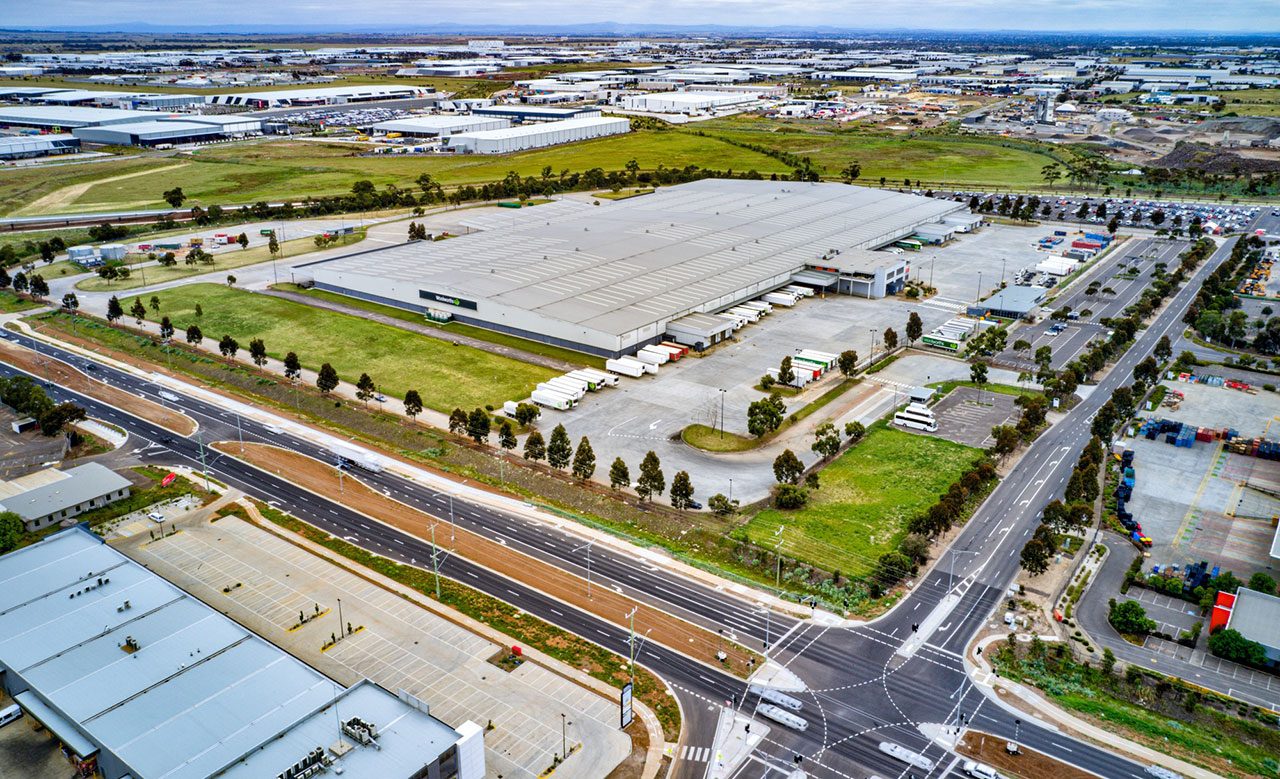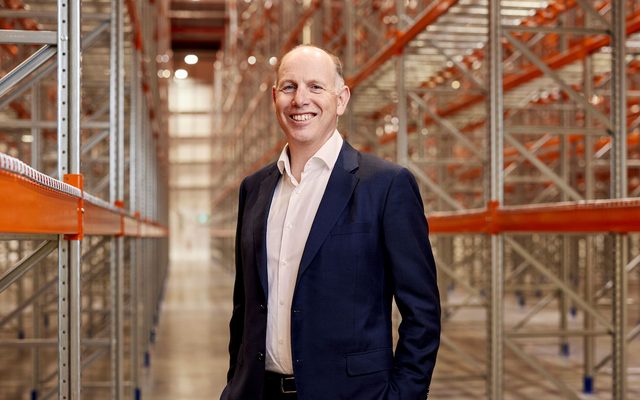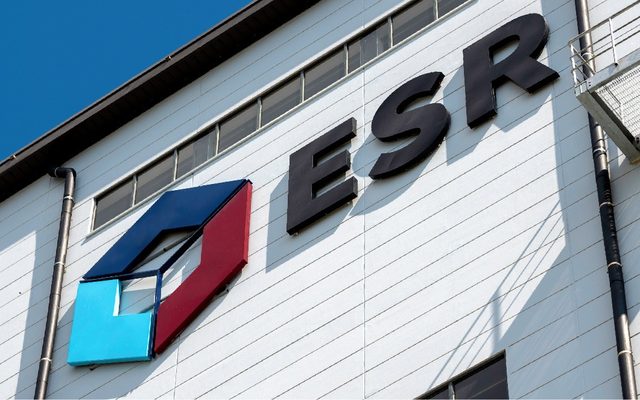This article is from the Australian Property Journal archive
IN a huge vote of confidence for the industrial property market, ESR and Singapore’s sovereign wealth fund GIC have acquired 45 assets from private equity firm Blackstone for $3.8 billion on a tight 4.5% yield — in Australia’s largest ever logistics portfolio transaction.
The 45-properties portfolio will be held in a new vehicle, the ESR Milestone Partnership, with ESR having a 80% interest and GIC with 20%.
The portfolio boasts a very high-quality customer base including Woolworths, Lineage Logistics, Toll (Japan Post), Daimler Benz, Australia Post, Mazda and WesTrac.
The portfolio is expected to provide an initial yield of 4.5% with a 6.9-year Weighted Average Lease Expiry.
Furthermore, with a land area of 3.6 million sqm and GLA of 1.4 million sqm, the site coverage is a modest 38% and provides significant scope for further development.
ESR Australia CEO Phil Pearce described the acquisition as transformative, providing ESR Australia with immediate scale making ESR the third largest owner of logistics real estate in Australia.
“The opportunity to secure such a large portfolio with extremely well-located assets across Adelaide, Brisbane, Melbourne, Perth and Sydney, strategically positions EMP to benefit from the continued growth in demand for warehouse space, particularly as the robust demand for logistics real estate is expected to remain strong due to sustained growth in e-commerce sales.
“The portfolio is land rich, with low site coverage of only 38%, providing plenty of scope for ESR Australia to redevelop these assets over time,” Pearce added.
“We are extremely pleased to deepen our partnership with GIC with this momentous transaction,” Jeffrey Shen and Stuart Gibson, ESR co-founders and co-CEOs said. “The acquisition of the Milestone portfolio is a significant leap forward for ESR. This tremendous expansion not only adds immediate scale to our presence in Australia and the region, but also extends our footprint and reaffirms our commitment to one of our highest conviction markets in Asia Pacific.”
JLL’s head of capital markets, industrial & logistics – Australia, Tony Iuliano handled the transaction and said there were 54 groups in the data room – a combination of sovereign wealth funds, pension funds, REITs and life insurance groups totalling $45 billion of capital that participated.
“This transaction is a transformational event and one which will be most likely never been seen again in logistics. It’s history in the making and a transformational transaction for Australian real estate.
“The opportunity to access over 90 tenants and a management platform with significant IP is enormous for any group.” Iuliano said.
The sale process commenced in January and was highly competitive with more than 10 first-round bids received, subsequently reduced to five parties. ANZ, Mitsubishi UFJ Financial Group, Standard Chartered and United Overseas Bank are providing fully underwritten debt facilities.
Australia’s industrial and logistics market has emerged as the strongest performing asset class during the pandemic, due to increased demand from the ecommerce sector.
JLL estimates that the ecommerce sector will need another 2.3 million sqm of industrial space in the next four years to satisfy demand.
According to Macquarie Research, the online shopping penetration rate is projected to reach 20% by 2025, an increase from 13% as at Q1-2021. This equates approximately $77.3 billion in total retail spend, according to Deloitte Access Economics retail spend forecasts.
Based on these forecasts, ecommerce sales between now and 2025, of $33 billion, will require 2.3 million sqm of additional space.
Furthermore, for every $1 billion of online sales generated, this applies a further 110,000 sqm of additional demand.
These forecasts exceed previous expectations that an additional 350,000 sqm of space is required each year to keep up with Australia’s current rate of online retail sales.
But the industrial property market is struggling to keep up with demand. Over the past decade new supply averaged 1.4 million sqm per annum compared to gross demand of 2.2 million sqm over the same period.
At the same time, Cushman & Wakefield’s research director Tony Crabb warns that Melbourne’s industrial land supply will run out in 5-15 years based on current levels of consumption, but he warned it could happen sooner.
“We have users that come on the market now that want 100,000 sqm sheds and we are running out of spots to put them… The market is ridiculously tight at the moment – the tightest it has ever been. There are some speculative developments in the pipeline but not nearly enough,”
Crabb said as a result, yields now have a 4% in front of them.
These strong fundamentals are underpinning the flight of capital to industrial. JLL found a staggering $45 billion of capital is looking to be deployed into Australian industrial real estate this year.
Last week Logos, KKR and Abu Dhabi’s Mubadala Investment Company launched a new $200 million logistics estate as part of a $1 billion joint venture.
Dutch pension fund PGGM has just partnered EG that will give the local platform’s ACE fund more than $1.25 billion in investment firepower, with an initial focus on light industrial and logistics assets in Sydney and Brisbane.
That followed PGGM having recently agreed to back Charter Hall on a new $800 million partnership, EG has confirmed an agreement with Link REIT that will see it provide asset management and acquisition strategy services to the Hong Kong-based investor, after the partners missed out on Blackstone’s $3.8 billion industrial portfolio.
Dexus and Singapore’s GIC have also expanded their partnership.
Meanwhile, Logos is close to sealing its $1.67 billion acquisition of the Moorebank Logistics Park in Sydney’s south west from Qube.




